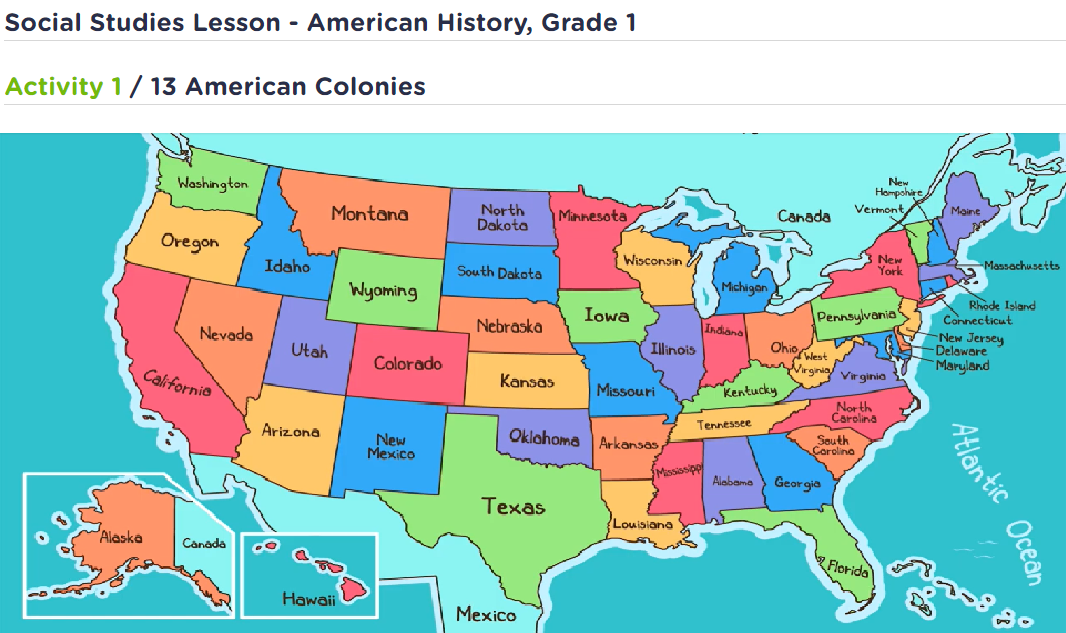Letter recognition Normal Worksheets for Ages 5-7
67 filtered results
-
From - To
Boost your child's literacy skills with our enriching "Letter Recognition Normal Worksheets for Ages 5-7" from Kids Academy. Designed to enhance early learning, our engaging worksheets help young learners identify and distinguish letters, fostering foundational reading and writing proficiency. With a variety of fun, interactive exercises, children will effortlessly master the alphabet, boosting their confidence in early academic settings. Perfect for classroom or at-home use, these printable activities are crafted to provide age-appropriate challenges that ignite curiosity and promote a love for learning. Set your child on the path to reading success with our top-quality letter recognition resources!
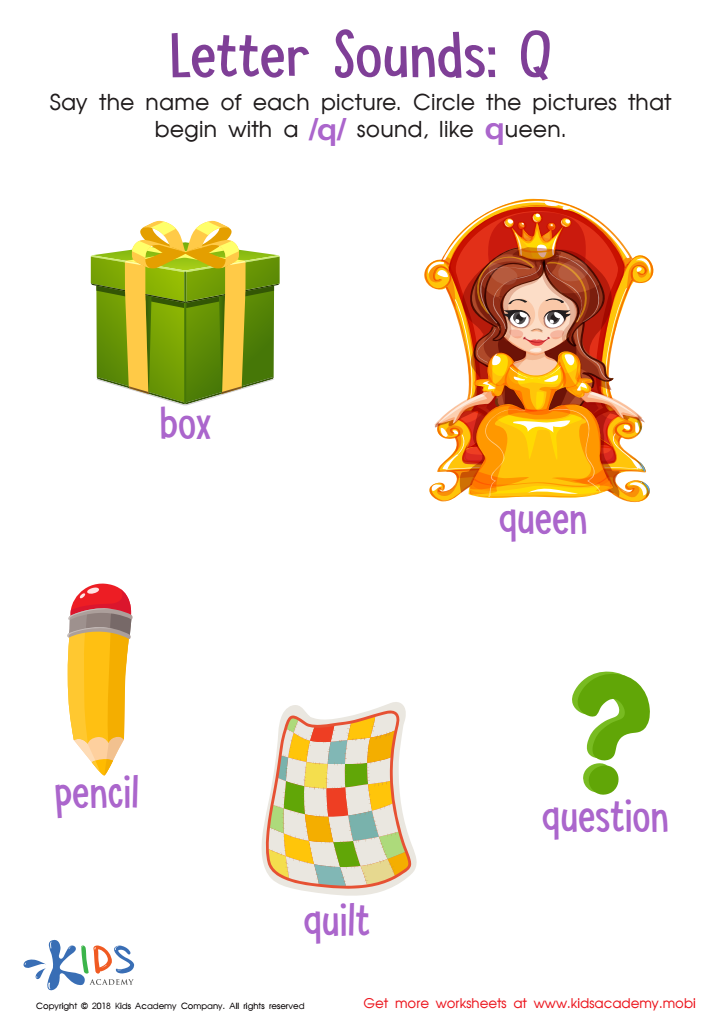

Letter Q Sounds Worksheet


Letter E Coloring Sheet
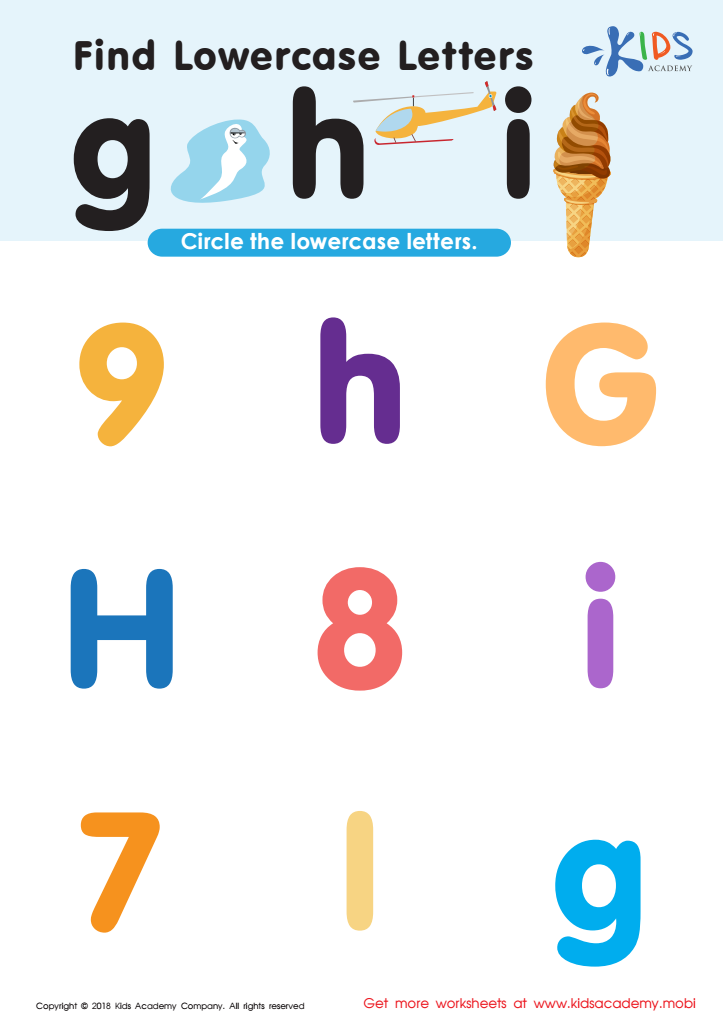

Find Lowercase Letters g h i Worksheet
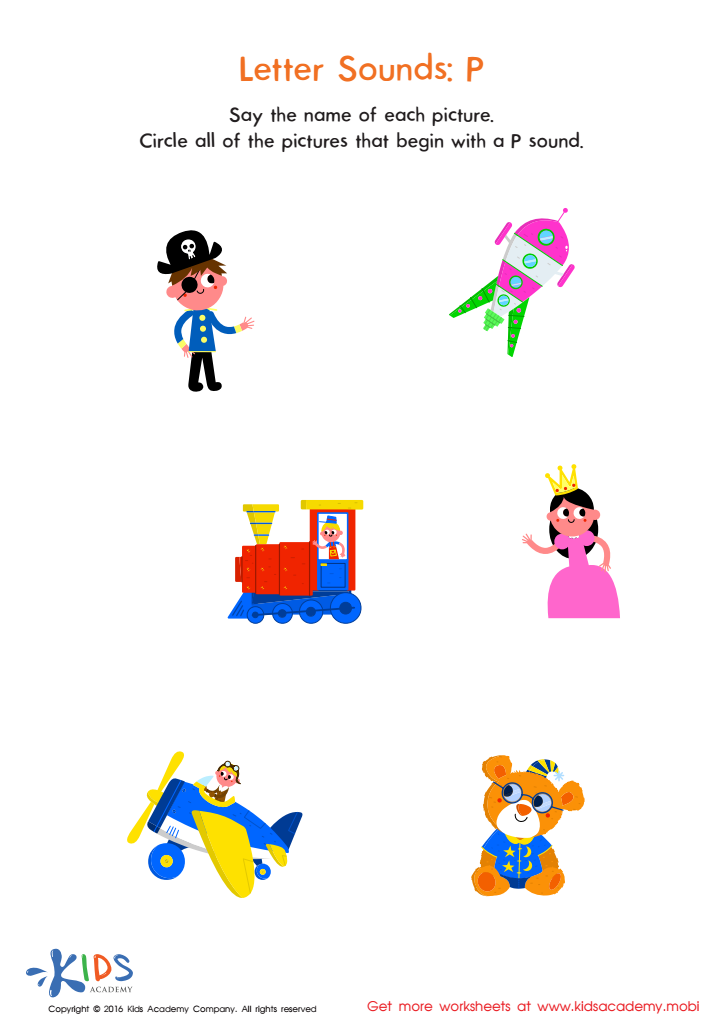

Letter P Sound Worksheet


Letter P Tracing Page
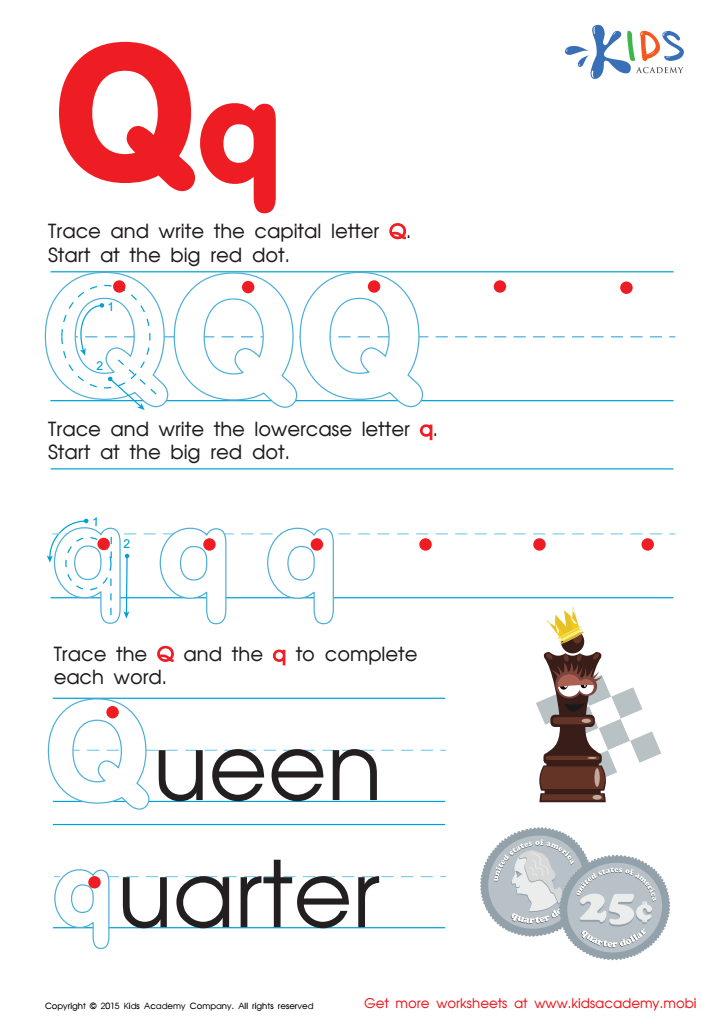

Letter Q Tracing Page
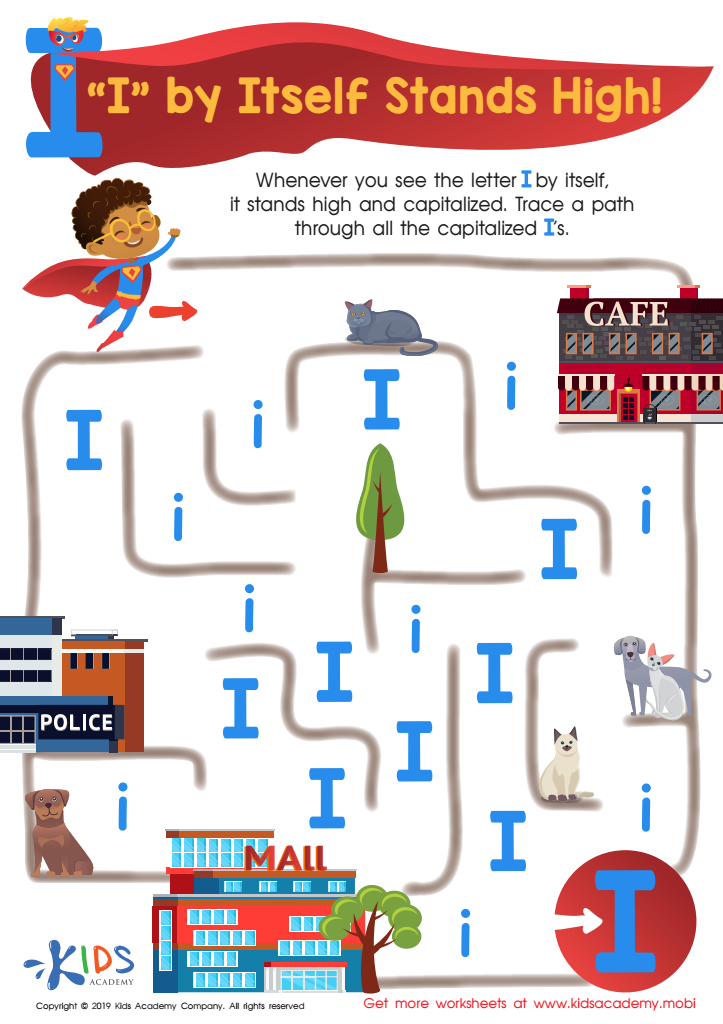

I Stands High Worksheet
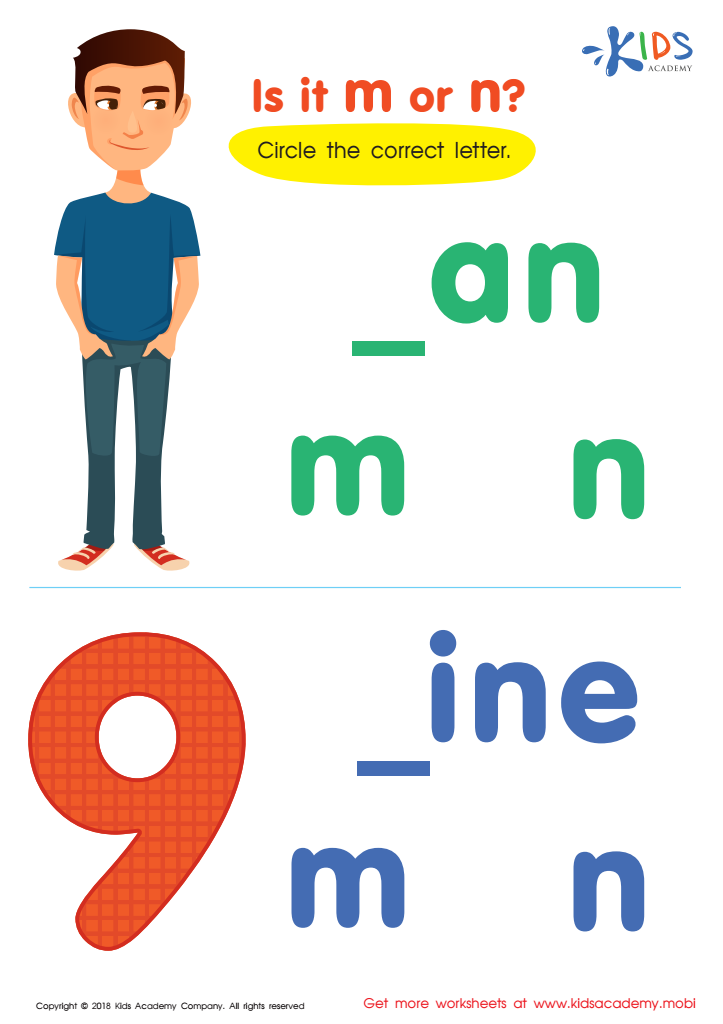

Is It m or n? Worksheet
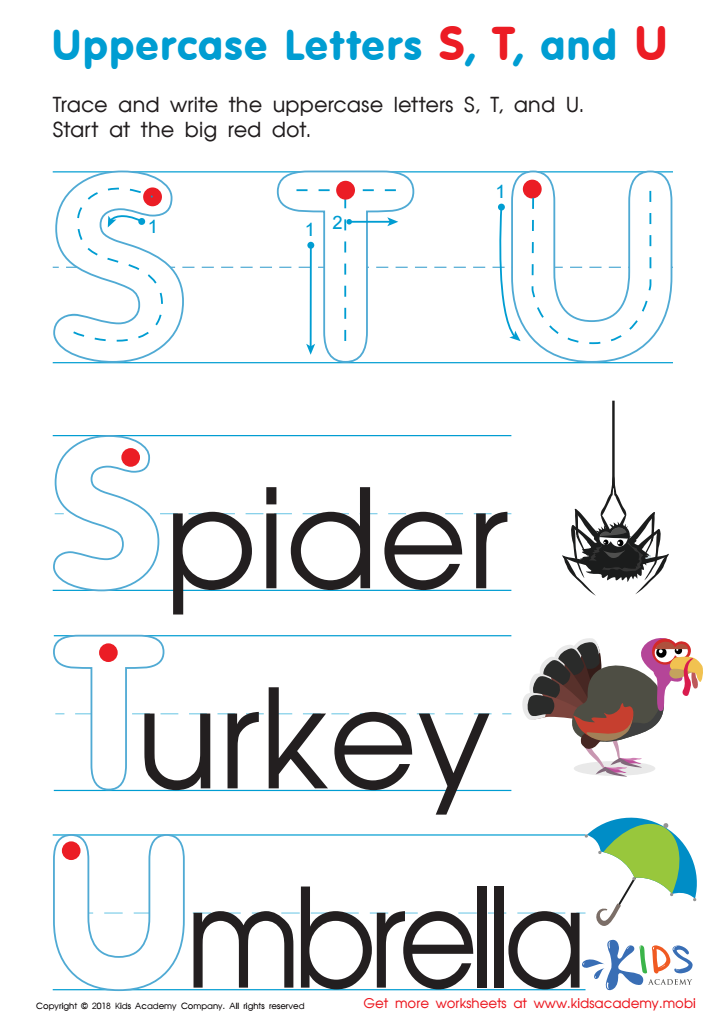

Uppercase Letters S, T, and U Worksheet
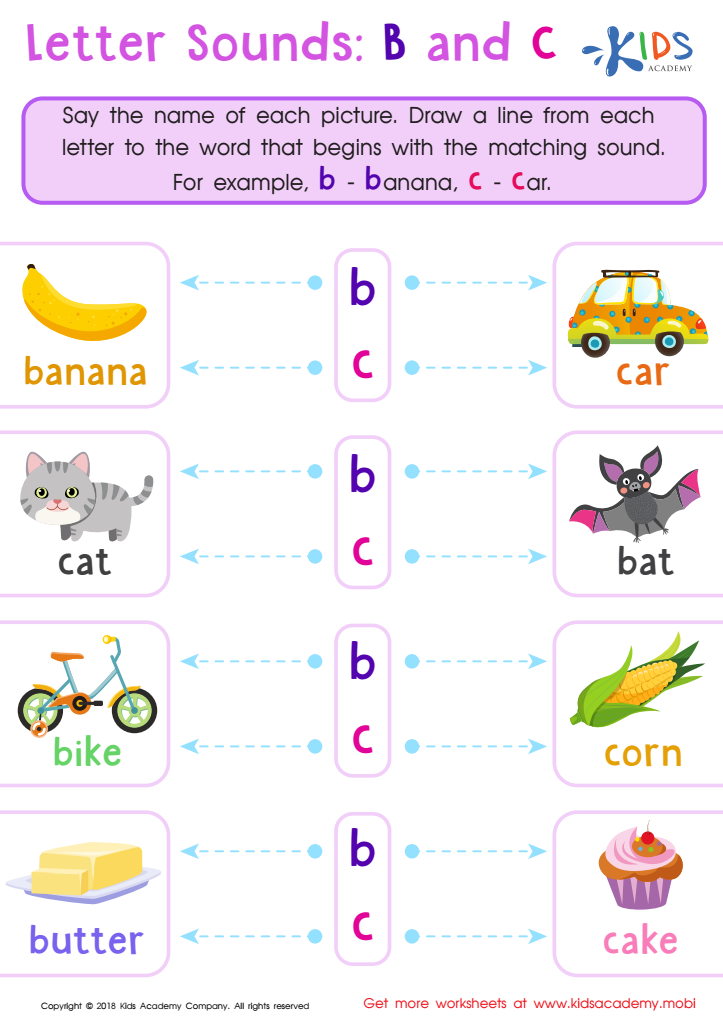

Letter B and C Sounds Worksheet
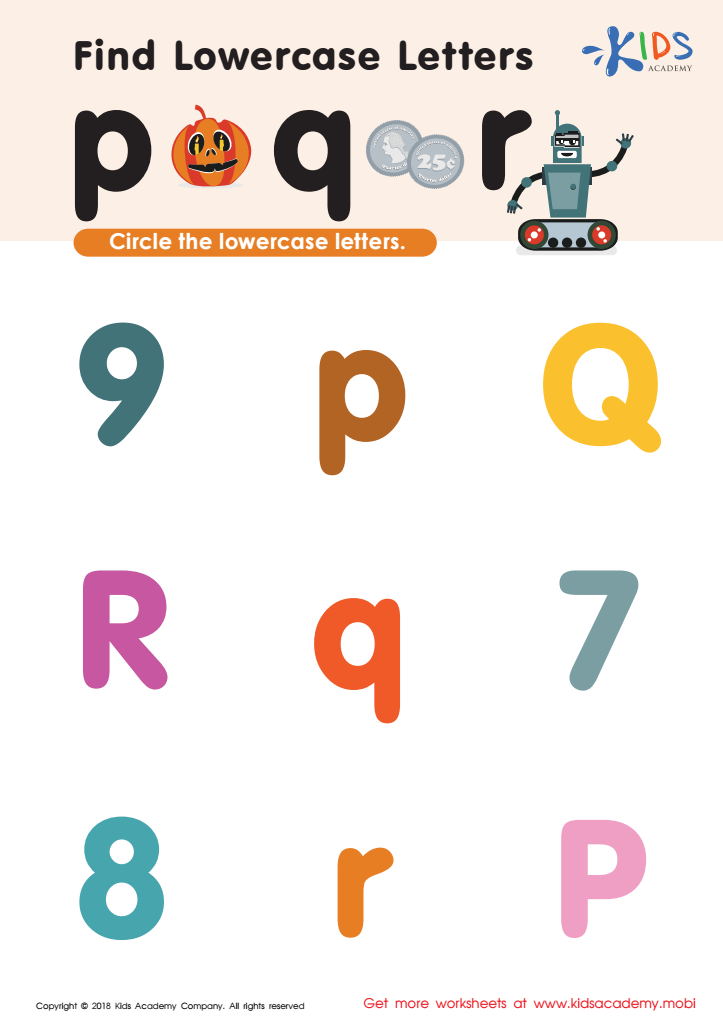

Find lowercase Letters p q r Worksheet
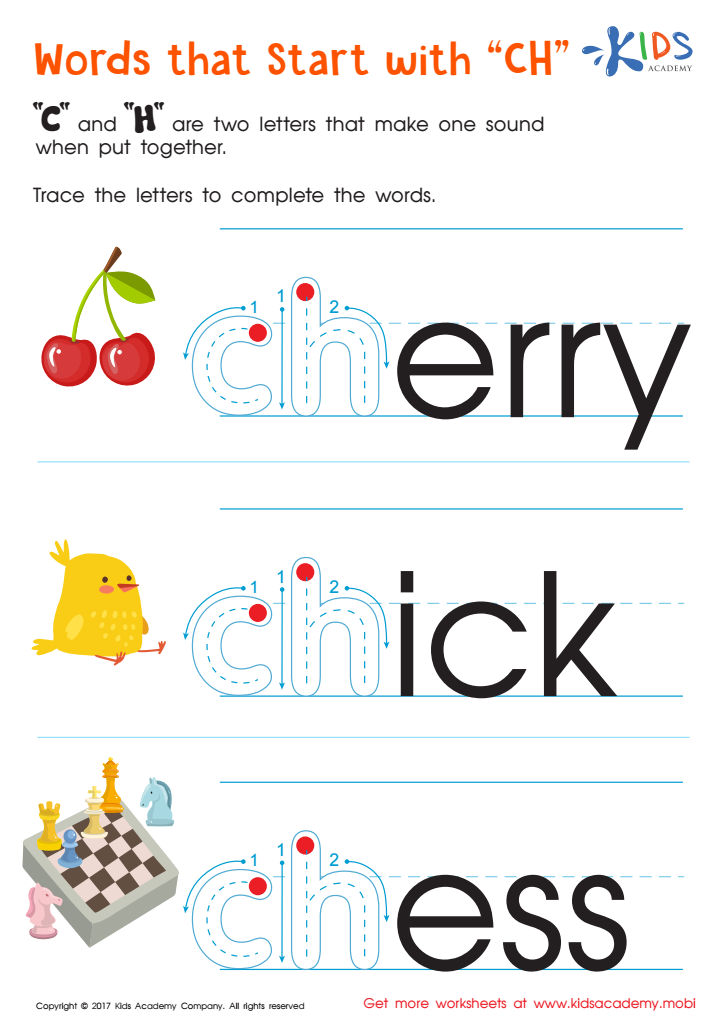

Words That Start with "ch" Spelling Worksheet
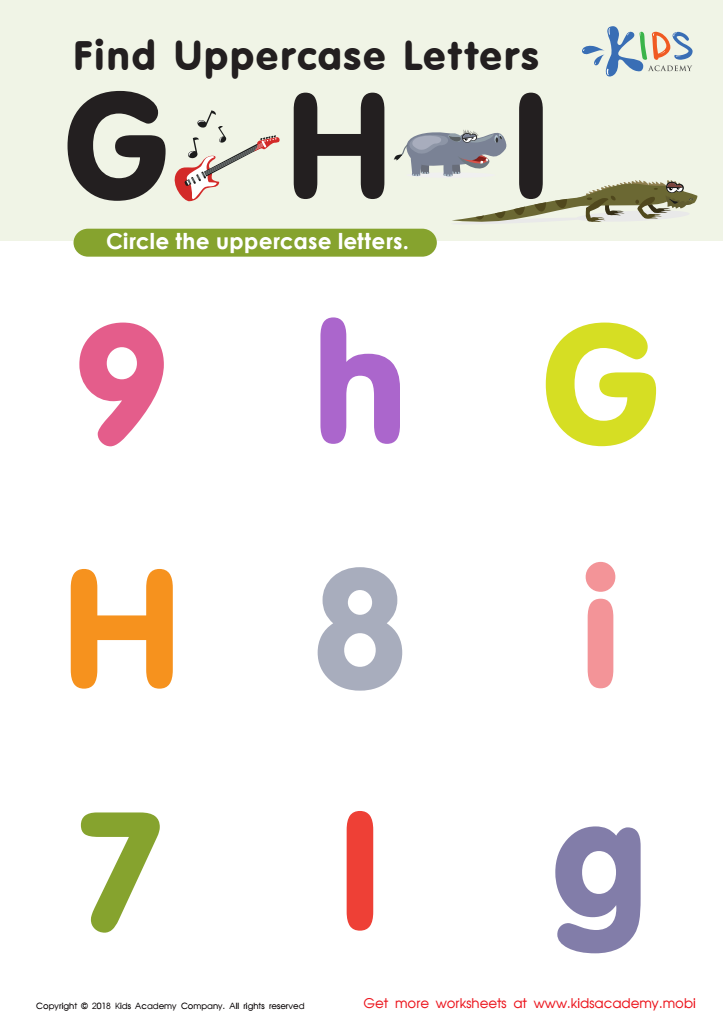

Find Uppercase Letters G, H, and I Worksheet
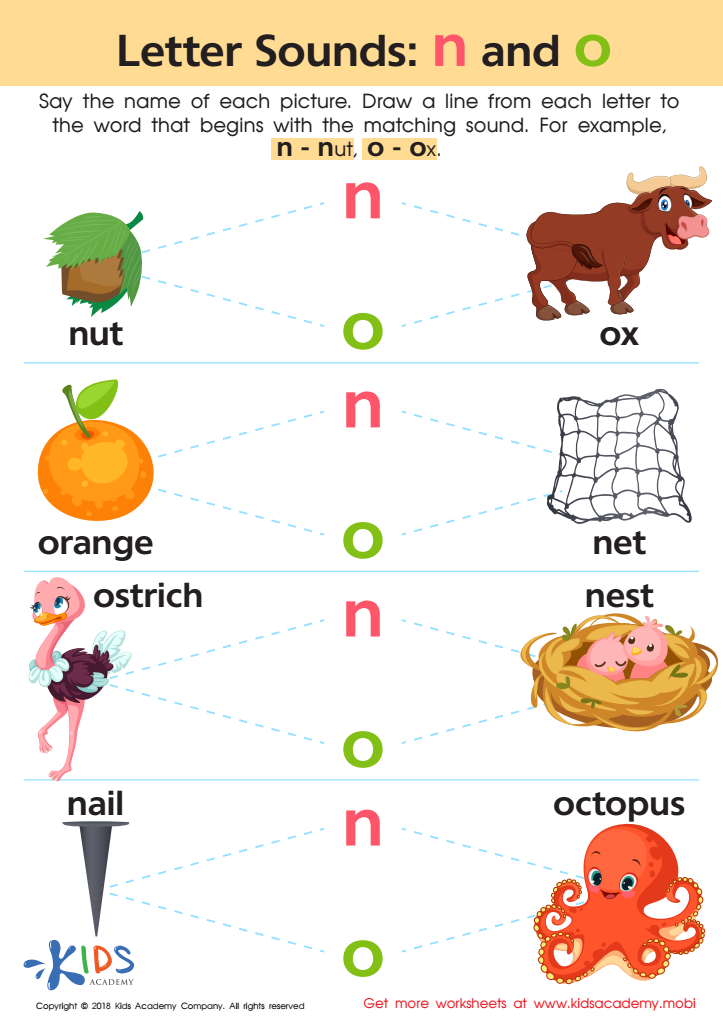

Letter N and O Sounds Worksheet
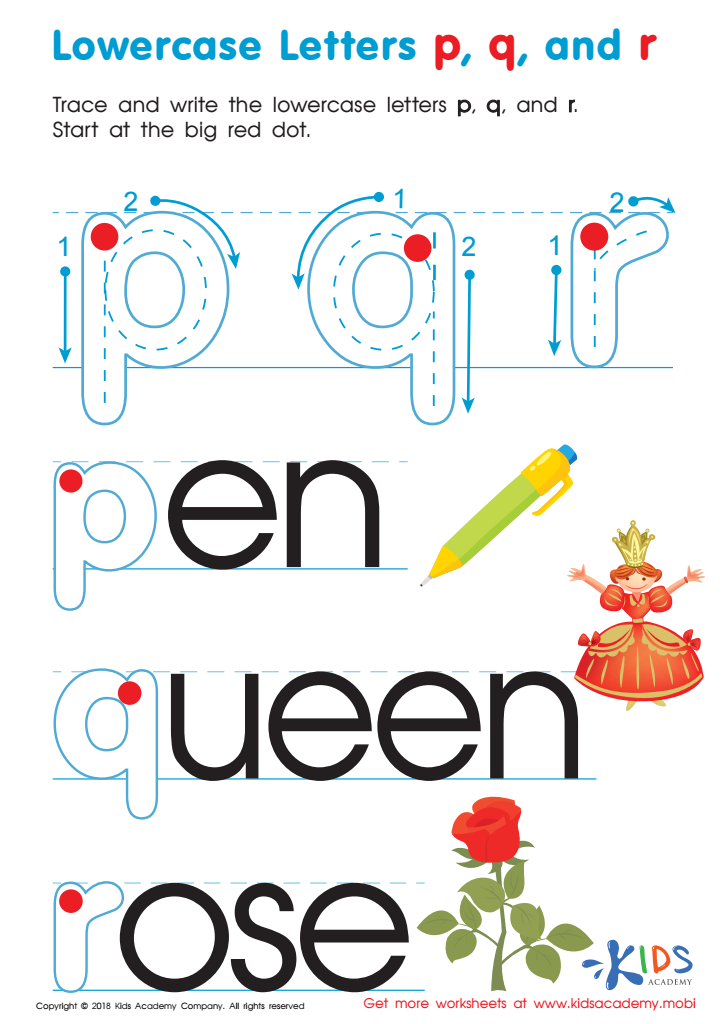

Lowercase Letters p q r Worksheet
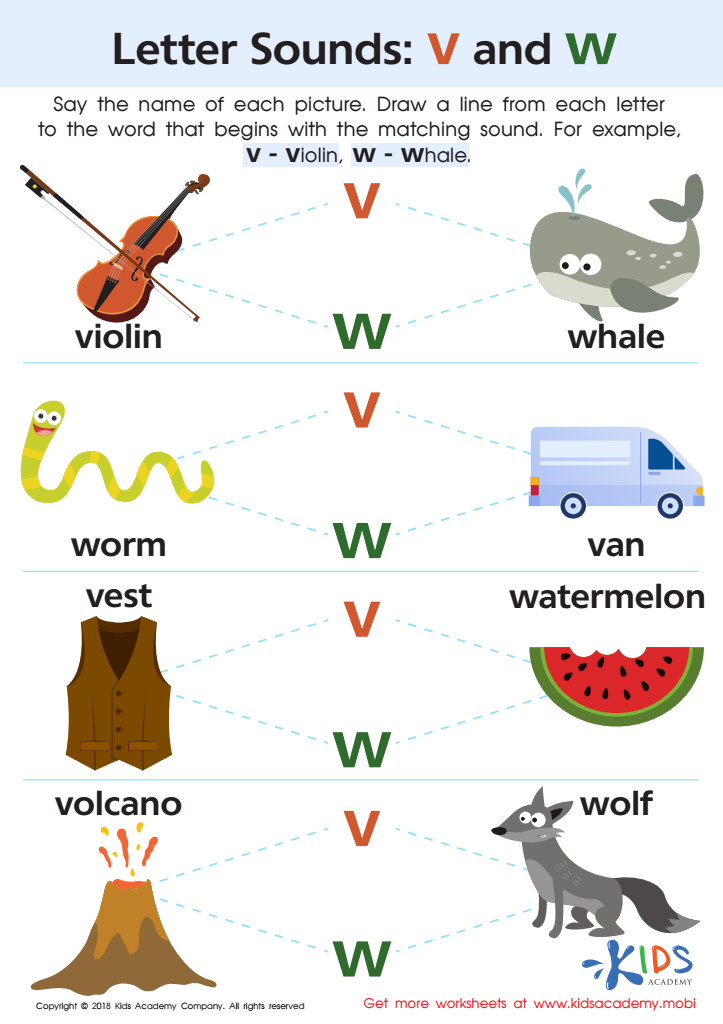

Letter V and W Sounds Worksheet
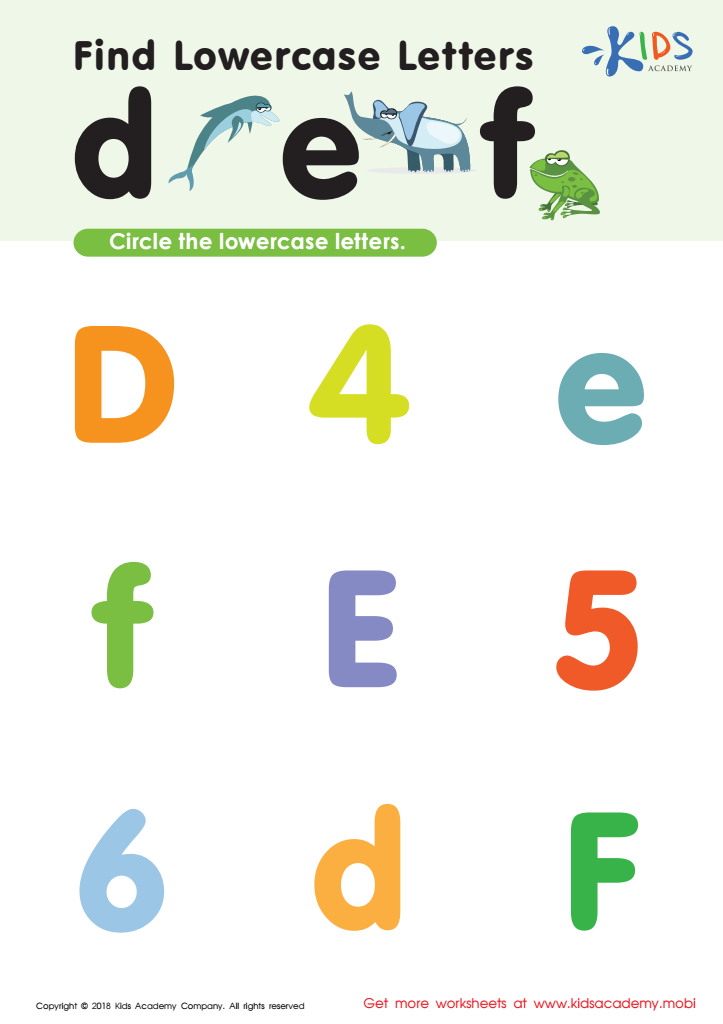

Find Lowercase Letters d e f Worksheet


Letter H Tracing Page
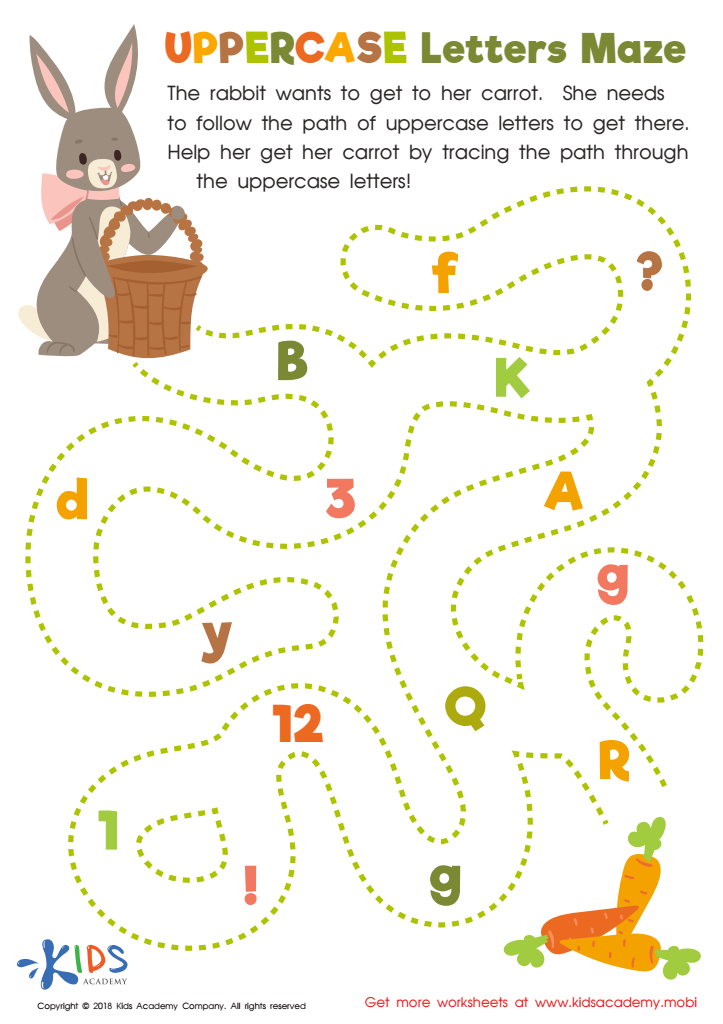

Uppercase Letters Maze Worksheet
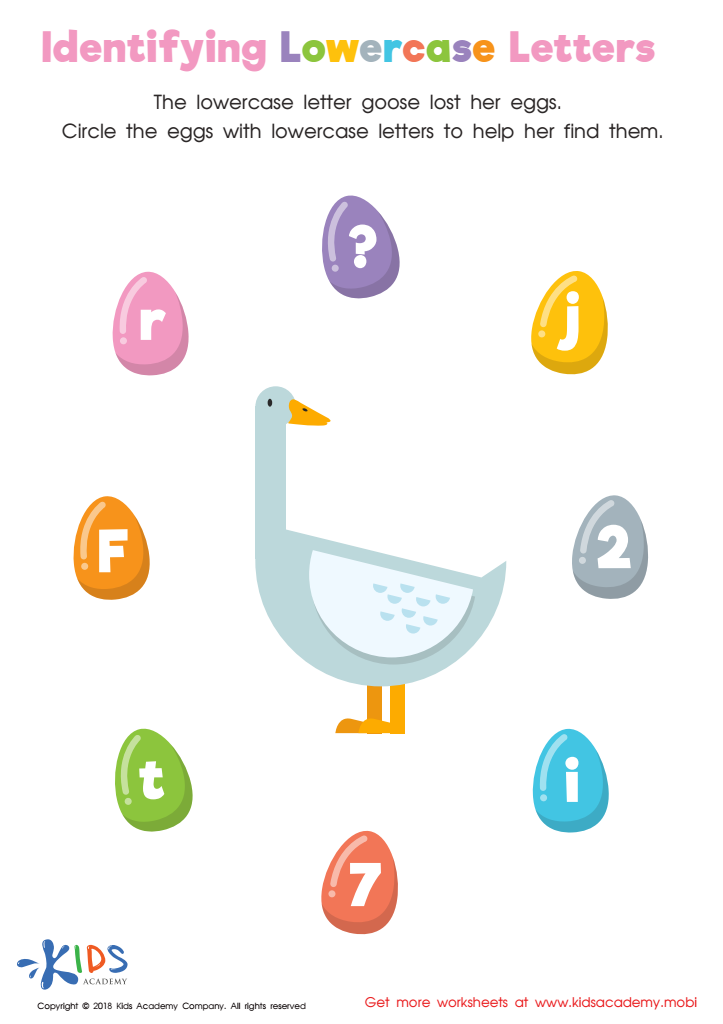

Identifying Lowercase Letters Worksheet
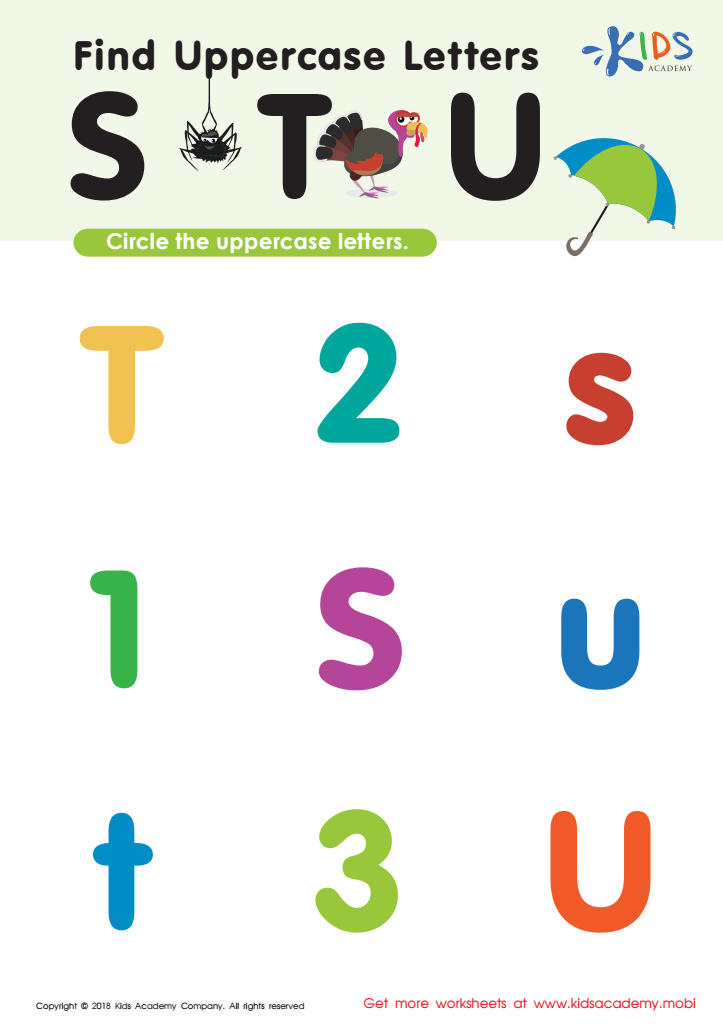

Find Uppercase Letters Worksheet
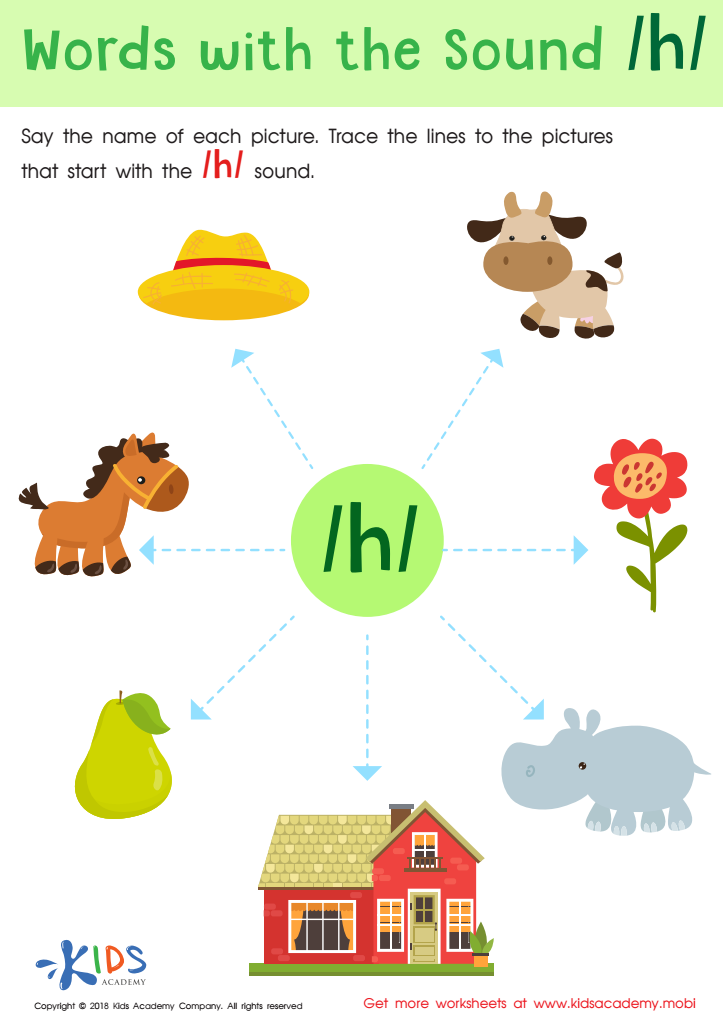

Words with sound h Reading Worksheet
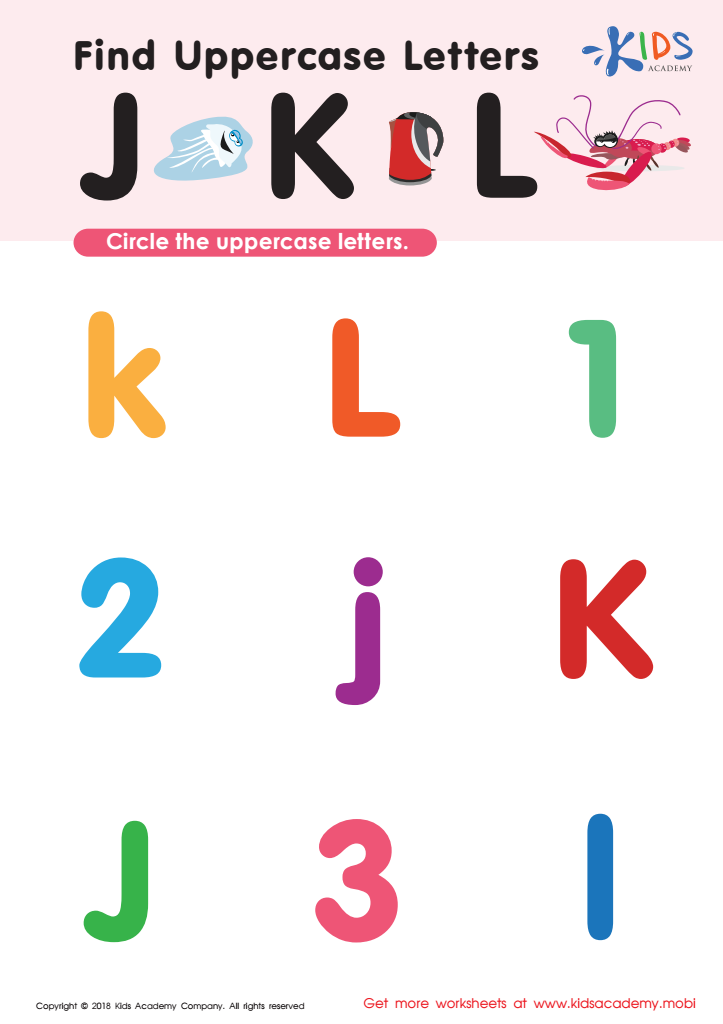

Find Uppercase Letters J, K, and L Worksheet
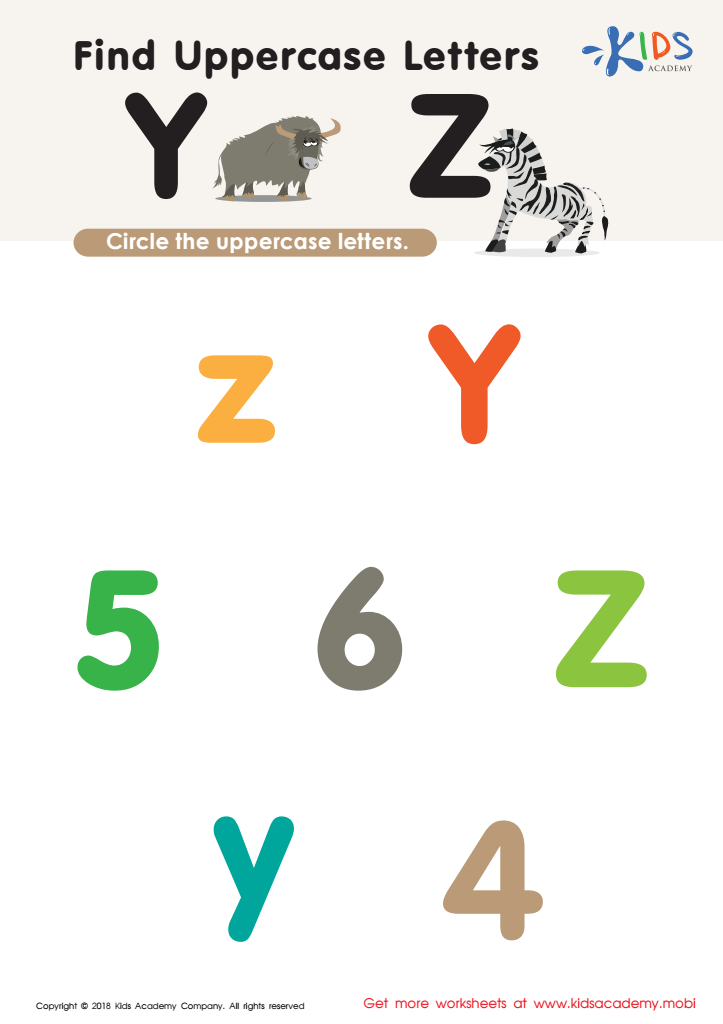

Find Uppercase Letters Y Z Worksheet
Letter recognition is a fundamental stepping stone in early childhood education, particularly for children aged 5-7. It is essential because it lays the groundwork for later reading and writing skills. When children can recognize letters easily, they are more equipped to understand that letters represent sounds in spoken language, thus fostering their phonemic awareness, which is crucial for reading development.
For parents and teachers, prioritizing letter recognition means actively nurturing a child's ability to associate visual symbols with the sounds they represent. This foundational skill influences their capacity to decode words—a competency that significantly impacts their reading fluency and comprehension.
Moreover, solid letter recognition skills bolster a child's confidence and set a positive trajectory for all future literacy learning. For teachers, monitoring and supporting normal letter recognition can identify early signs of reading difficulties, such as dyslexia, enabling timely interventions. For parents, activities like reading together, playing letter-based games, or engaging in writing exercises can make learning enjoyable and strengthen the child-parent bond.
In conclusion, ensuring that children develop appropriate letter recognition skills within the typical age range of 5-7 fosters academic success and instills a lifelong love for learning. It's a collaborative effort that yields long-lasting educational benefits, making it an area worth focused attention from both parents and teachers.
 Assign to My Students
Assign to My Students













